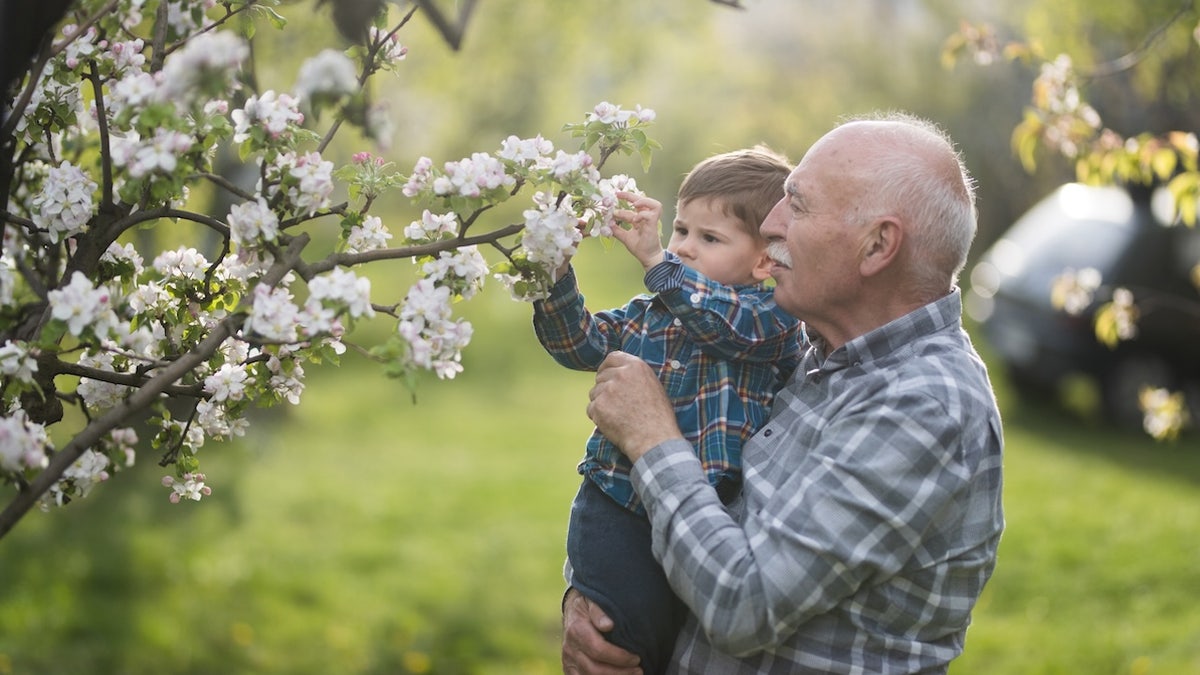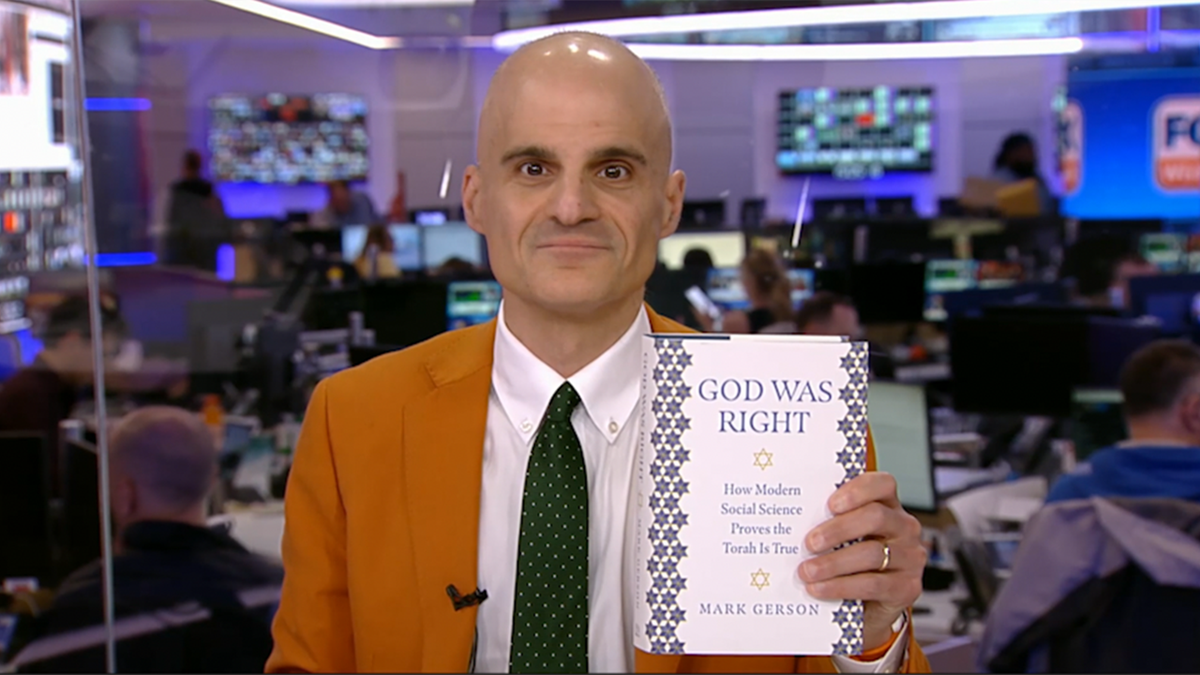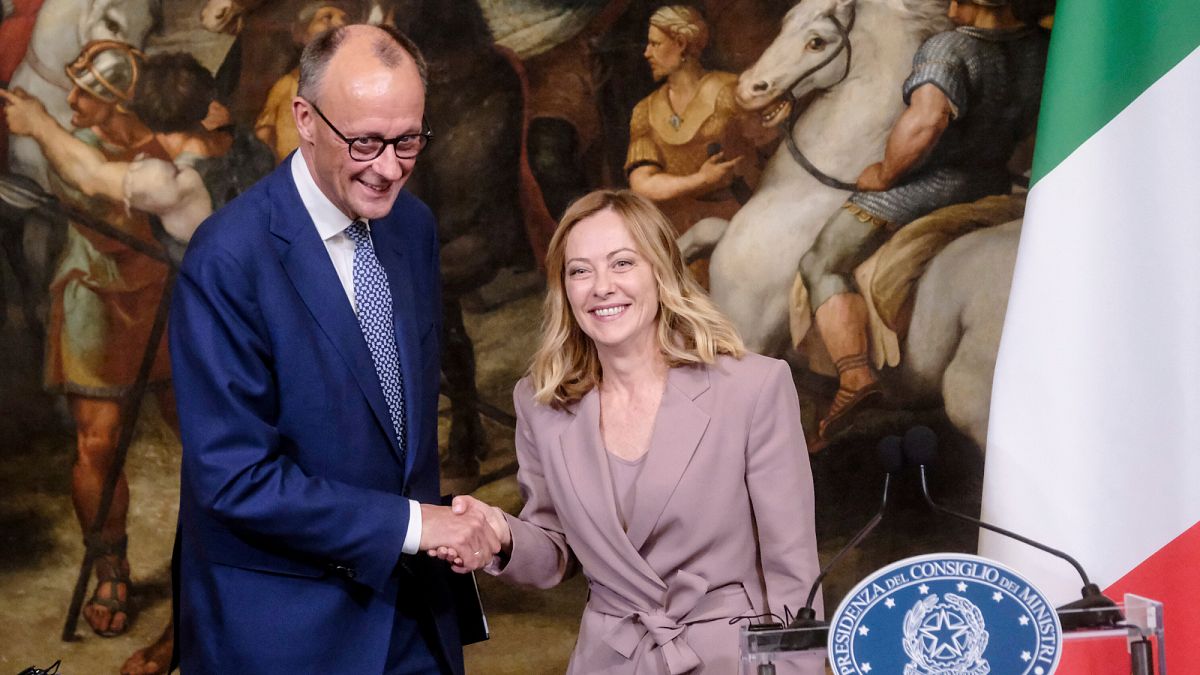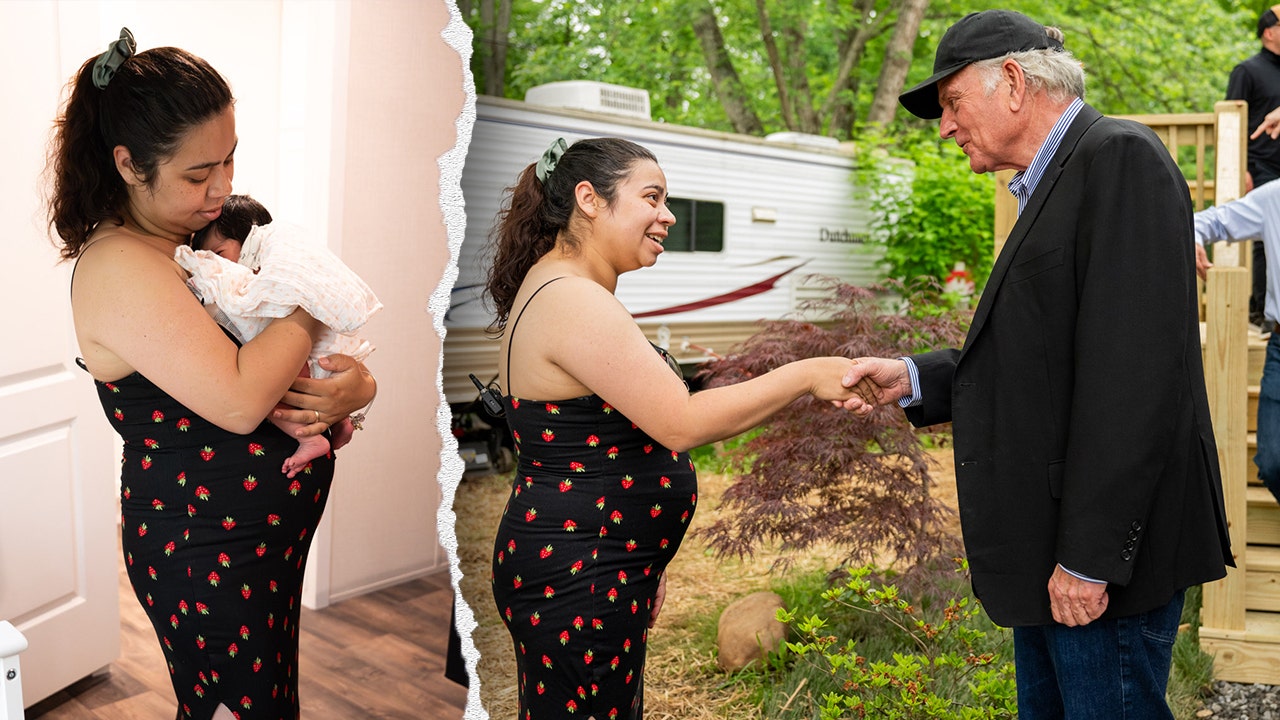NEWYou can now listen to Fox News articles!
Each Friday night, Jewish families do what we have done for thousands of years. We sit down for the moment we have anticipated all week: Shabbat dinner.
Before the meal, we engage in a few ritual practices. The woman of the house lights the Shabbat candles, ushering in the sacred day. We welcome the Sabbath day in song, we bless God over the wine and the bread, and we serenade (from Psalms 31) the Jewish woman.
The best part – the moment that earns our highest anticipation throughout the week – is when we bless our children. It is a moment so sublime that the Jewish parent can, by laying his or her hands on the child, feel the presence of God at the Shabbat table. (See the video at the top of this article.)
BEHIND THE SURGE OF YOUNG MEN RETURNING TO RELIGION
The blessing that we make over our daughters is: “May God make you like Sarah, Rebecca, Rachel and Leah.” This is easily understandable.
These are our matriarchs – the most prominent women in the Book of Genesis.
The blessing that we give our sons is very different.
We say: “May God make you like Ephraim and Menasseh.”
An observer would not be blamed for saying: “Who?”
After all, Ephraim and Menasseh are obscure figures, so much so that they never speak a word in the whole Torah! Why, the observer might follow, don’t you bless your sons to be like Abraham, Joseph, Moses or King David?
The blessing that Jewish boys receive on Friday night was given in the Torah — but not by a father. It was given by a grandfather.
The truth is: The blessing only gets stranger. The blessing that Jewish boys receive on Friday night was given in the Torah — but not by a father.
It was given by a grandfather, Jacob (who is also known as Israel).
So why, at the holiest moment of the week, do Jewish parents pass on a blessing from a grandfather to two otherwise obscure grandchildren?
Because the Bible is revealing something profound about human flourishing.

Ephraim and Menasseh are the only characters in Genesis who have a relationship with a grandparent.
And when Jacob blesses them, the Torah doesn’t call him Jacob. It calls him Israel.
What is the significance? Let’s turn to Exodus 1:1: “These are the names of the sons of Israel who are coming to Egypt. With Jacob – each man came with his household.”
The text uses both names of our patriarch – Jacob and Israel – and modifies the tense accordingly. Unlike the name “Jacob,” which is rooted in the past, “Israel” is the name of becoming.
GRANDPARENTS MAY HAVE SIGNIFICANT IMPACT ON A MOM’S MENTAL HEALTH, STUDY FINDS: ‘WISDOM AND EXPERIENCE’
That’s the heart of grandparenthood.
In Exodus, the Torah instructs us to teach “your children and your children’s children.”
The Torah tradition is filled with stories of grandparents – not as soft-spoken and candy-dispensing extras, but as teachers, transmitters, moral educators.
Grandparenting, at its best, is a sacred calling.

Science backs this up. Among the nine million or so species on Earth, creatures from only six live after childbearing age.
So grandparenthood is a very rare phenomenon.
Why do humans live so long after raising their own children?
In 1998, Professor Kristen Hawkes of the University of Utah discovered the answer: the grandmother hypothesis.
Active grandparents free up the middle generation to do more, especially to have additional children. Grandparents extend the human story.
Grandchildren who are close to grandparents are more secure, perform better in school and are less impulsive.
And everyone benefits.
Grandparents who stay involved – but aren’t full-time caregivers – live longer, think more clearly, and are happier.
The Berlin Aging Study, which began in 1990 and tracked aging participants for over three decades, found that grandparents who provided noncustodial care for their grandchildren had a 37% lower risk of dying over 20 years compared to those who were less involved.

Grandchildren who are close to grandparents are more secure, perform better in school, are less impulsive and are less anxious.
What’s the secret to a meaningful grandparent-grandchild bond?
A 2020 study from Hong Kong University found it: future consequence appreciation.
For more Lifestyle articles, visit foxnews.com/lifestyle
Not nostalgia, but investment in what’s coming next.
A grandparent who always talks about how things were better “back in the day” might be tolerated.
But a grandparent who’s excited about his or her grandchild’s dreams and who helps with assignments, celebrates milestones and passes on wisdom is loved, remembered and emulated.

That’s why Israel, not Jacob, gives the blessing.
And that’s why it’s the one we repeat every week.
God was right.
Grandparenthood, lived with love and future orientation, is one of the most powerful gifts – for all three generations.
Mark Gerson’s new book is “God Was Right: How Modern Social Science Proves the Torah Is True,” published by BenBella Books and distributed by Simon & Schuster (June 2025). This article is the first in a series featured exclusively by Fox News Digital.
Read the full article here















